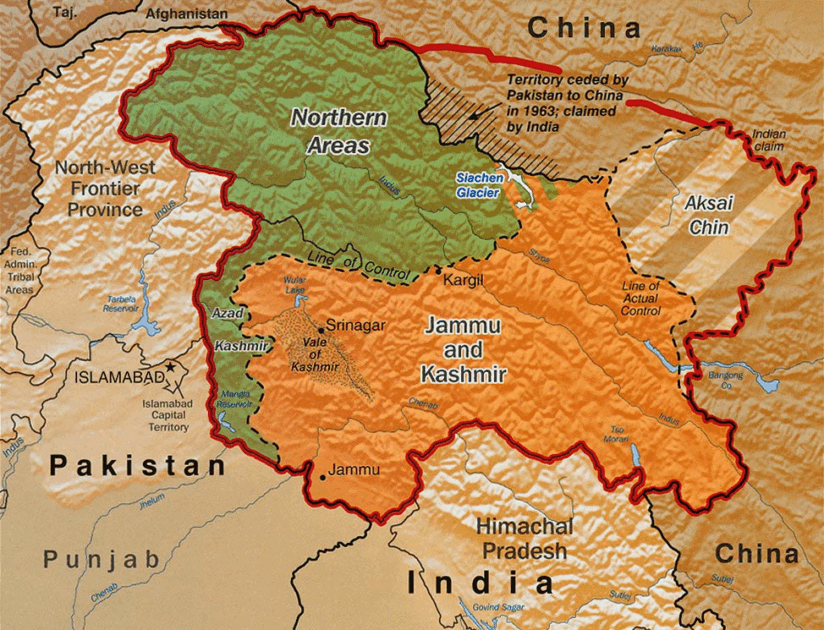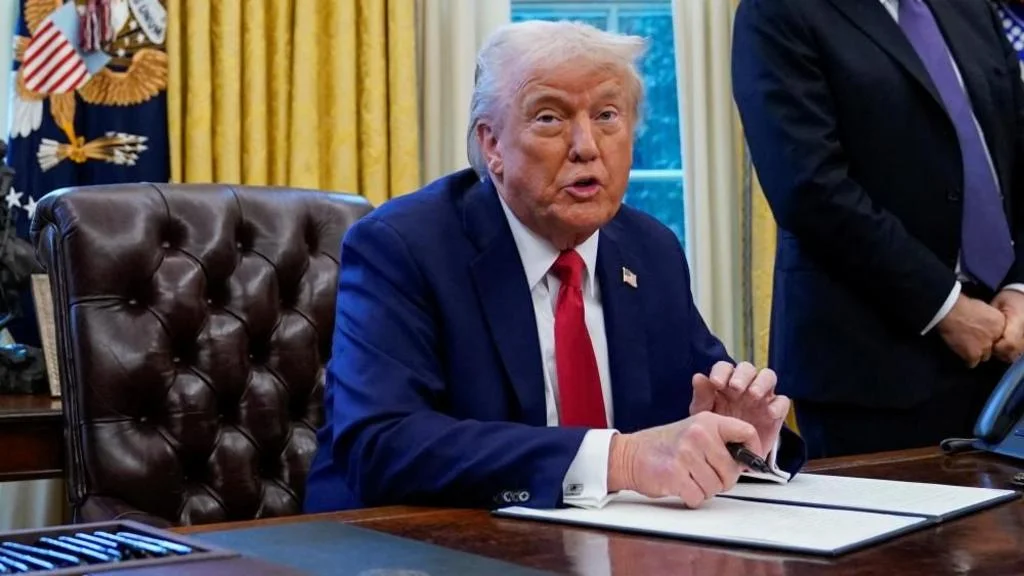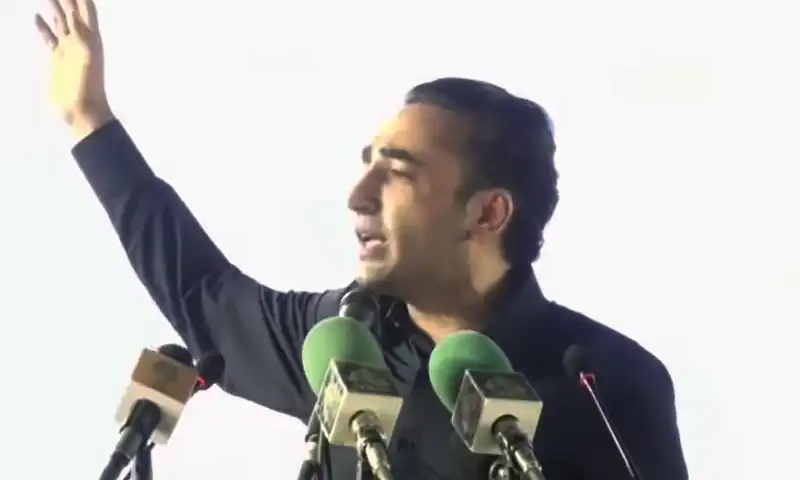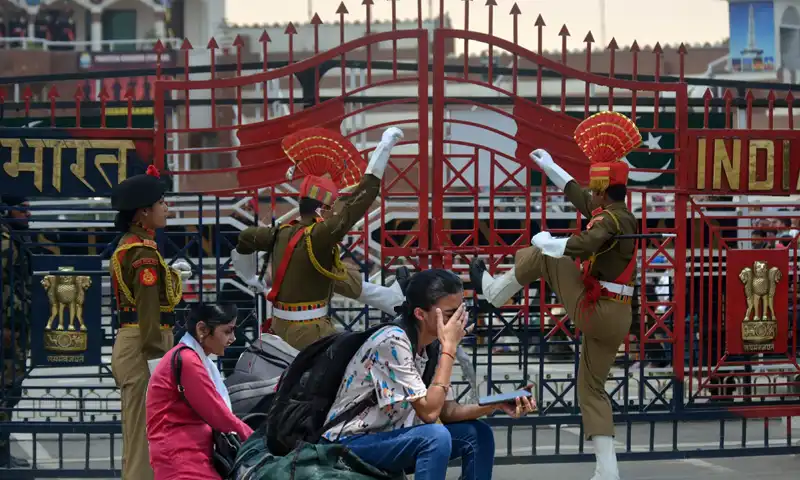- AFP
- 2 Hours ago

Pakistan calls meeting after WHO declares monkeypox public emergency
-

- Web Desk
- Aug 14, 2024

ISLAMABAD: The National Command and Operation Centre (NCOC) has issued an alert to Border Health Services following a surge in monkeypox cases globally and the spread of the Zika virus in India.
The World Health Organisation (WHO) on Wednesday declared mpox a global public health emergency after an outbreak of the viral infection in the Democratic Republic of Congo that has spread to neighbouring countries.
An emergency committee met earlier on Wednesday to advise WHO Director-General Tedros Adhanom Ghebreyesus on whether the disease outbreak constitutes a “public health emergency of international concern,” or PHEIC.
PHEIC status is WHO’s highest level of alert and can accelerate research, funding and international public health measures and cooperation to contain a disease.
“It’s clear that a coordinated international response is essential to stop these outbreaks and save lives,” said Tedros.
Mpox can spread through close contact. Usually mild, it is fatal in rare cases. It causes flu-like symptoms and pus-filled lesions on the body.
The outbreak in Congo began with the spread of an endemic strain, known as clade I. But a new variant, clade Ib, appears to spread more easily through routine close contact, including sexual contact.
It has spread from Congo to neighbouring countries, including Burundi, Kenya, Rwanda and Uganda, triggering the action from the WHO.
“The detection and rapid spread of a new clade of mpox in eastern DRC, its detection in neighbouring countries that had not previously reported mpox, and the potential for further spread within Africa and beyond is very worrying,” Tedros added.
Tedros said on Wednesday that WHO had released $1.5 million in contingency funds and plans to release more in the coming days. WHO’s response plan would require an initial $15 million, and the agency plans to appeal to donors for funding.
Earlier this week, Africa’s top public health body declared an mpox emergency for the continent after warning that the viral infection was spreading at an alarming rate.
Professor Dimie Ogoina, chair of WHO’s mpox emergency committee, said all members unanimously agreed that the current upsurge of cases is an “extraordinary event,” highlighting that Congo has reported a record number of mpox cases.
In response to these developments, the NCOC has scheduled an emergency meeting on Thursday to address the situation.
Monkeypox, which can spread through close contact, typically presents with flu-like symptoms and pus-filled lesions on the body. While the disease is usually mild, it can be fatal in rare instances.
NCOC officials have emphasised the need for stringent monitoring of passengers arriving in Pakistan from abroad, with instructions to quarantine suspected monkeypox patients in special wards. So far, Pakistan has reported nine cases of monkeypox, including one death. All cases were linked to individuals returning from Arab countries, with no local transmission reported.
Also read: WHO assures providing monkeypox medicine to Pakistan
The NCOC has also highlighted the Zika virus situation in India, where more than 80 cases and several deaths have been reported in the city of Pune. The mosquito responsible for spreading the Zika virus is also present in Pakistan. According to Aga Khan University, the presence of the Zika virus was confirmed in Karachi in 2021 and 2022.
NCOC Deputy Coordinator Dr. Mumtaz Ali Khan told Dawn.com that Thursday’s meeting, to be chaired by NCOC Director General Dr Shabana Saleem and attended virtually by provincial DGs, will focus on developing a strategy to combat the rapid global increase in monkeypox cases and the emerging threat of the Zika virus.
He said that the meeting will address the availability of testing kits, arrangements at the country’s entry points, and the readiness of isolation wards and hospital beds nationwide.
“Border Security Services have also been invited to ensure foolproof measures are in place to prevent the virus from entering the country. In the event of an infected patient arriving, immediate isolation will be enforced. While the WHO has not yet issued an advisory, we are anticipating one soon,” Khan added.




